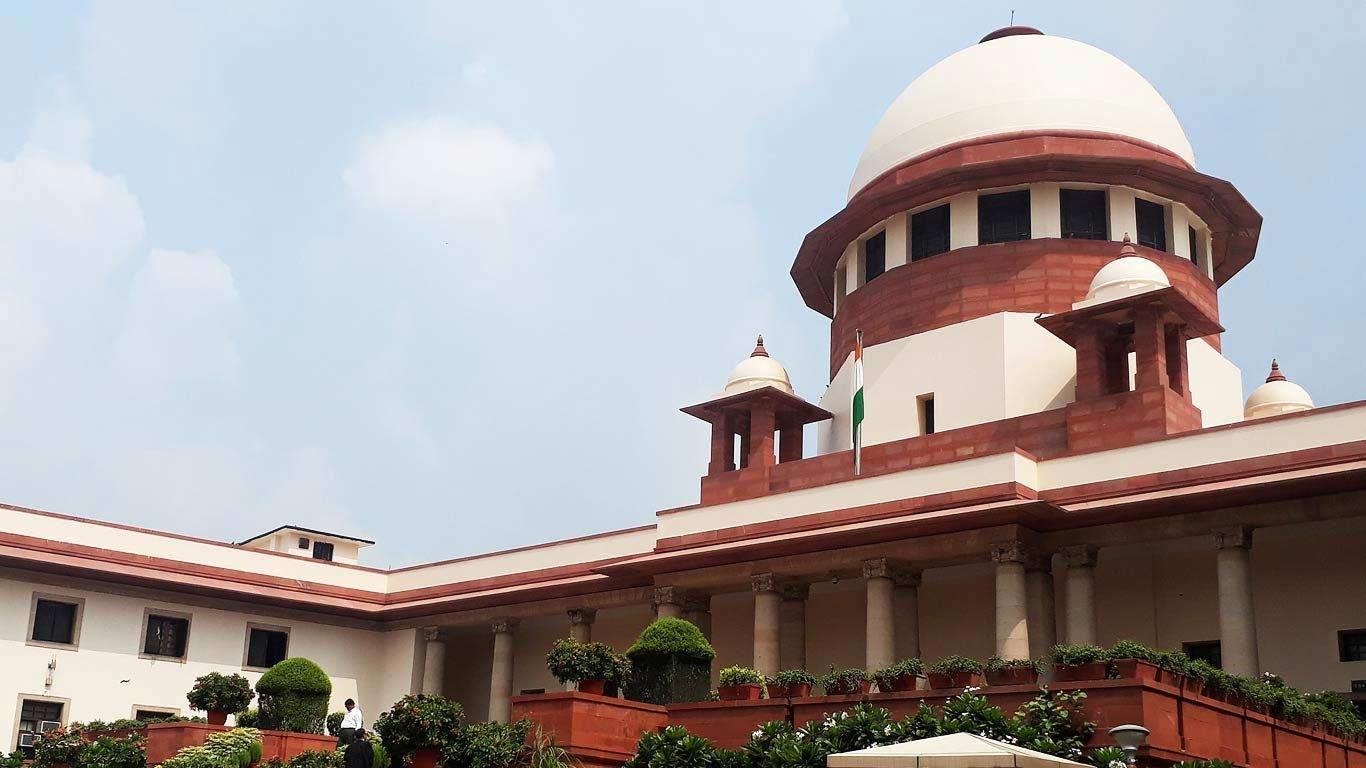
Supreme Court Rejects Plea To Cancel Arms Exports To Israel
The court's decision, handed down on Monday, reaffirms the principle that foreign policy matters fall exclusively within the purview of the Union government.
The PIL, filed by a group of prominent individuals including former diplomats, bureaucrats, social activists, and notable figures such as economist Jean Dreze, activist Harsh Mander, and musician T M Krishna, argued that India's arms exports to Israel violated the Genocide Convention.
The petitioners cited the ongoing conflict in Gaza and recent allegations of genocide against Israel at the International Court of Justice.
Advocate Prashant Bhushan, representing the petitioners, contended that as a signatory to the Genocide Convention, India was obligated to take steps to prevent aiding Israel in its actions against Palestinians.
The petition specifically mentioned three Indian companies involved in manufacturing and exporting arms to Israel, with particular focus on Adani group's joint ventures.
However, the Supreme Court bench firmly rejected these arguments. In its ruling, the court emphasised that it cannot interfere with matters of foreign policy, which are the exclusive domain of the Union government.
The bench stated, "To grant reliefs sought by petitioners, the court would have to enter into findings on allegations levelled by them against Israel," indicating its reluctance to make judgments on complex geopolitical issues.
Solicitor General Tushar Mehta, representing the government, described the petitioners' demands as "outlandish," asserting that decisions related to foreign affairs and international relationships are solely the prerogative of the central government.
In a pointed observation, the court drew a parallel, questioning whether, following the petitioners' logic, it should also ask the government to cancel oil import licenses from Russia due to its conflict with Ukraine.
This ruling underscores the judiciary's stance on maintaining separation of powers, particularly in matters of international relations and foreign policy. It also highlights the ongoing debate about the balance between humanitarian concerns and strategic national interests in India's foreign policy decisions.
The case has drawn attention to India's arms export policies and its geopolitical positioning in the complex landscape of Middle Eastern politics.
While the petitioners argued for a humanitarian approach based on international conventions, the court's decision reaffirms the government's authority in shaping India's foreign policy and international trade relationships.
(KNN Bureau)
Legal Disclaimer:
MENAFN provides the
information “as is” without warranty of any kind. We do not accept
any responsibility or liability for the accuracy, content, images,
videos, licenses, completeness, legality, or reliability of the information
contained in this article. If you have any complaints or copyright
issues related to this article, kindly contact the provider above.

















Comments
No comment